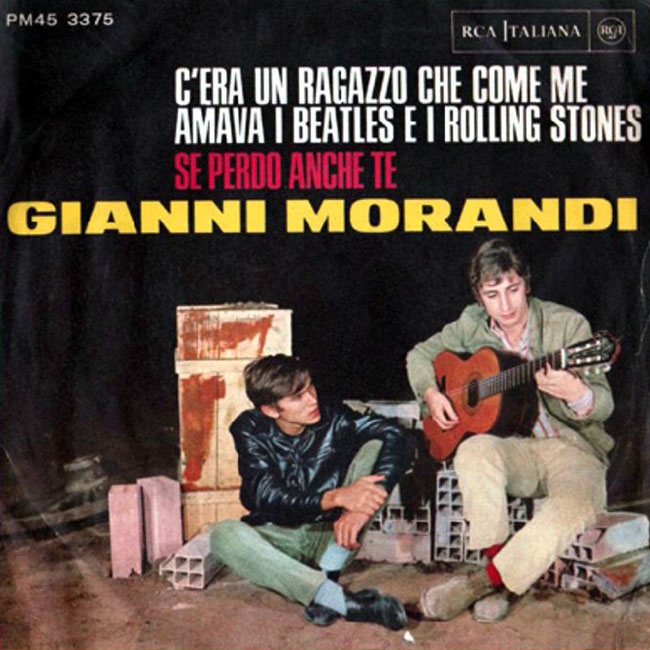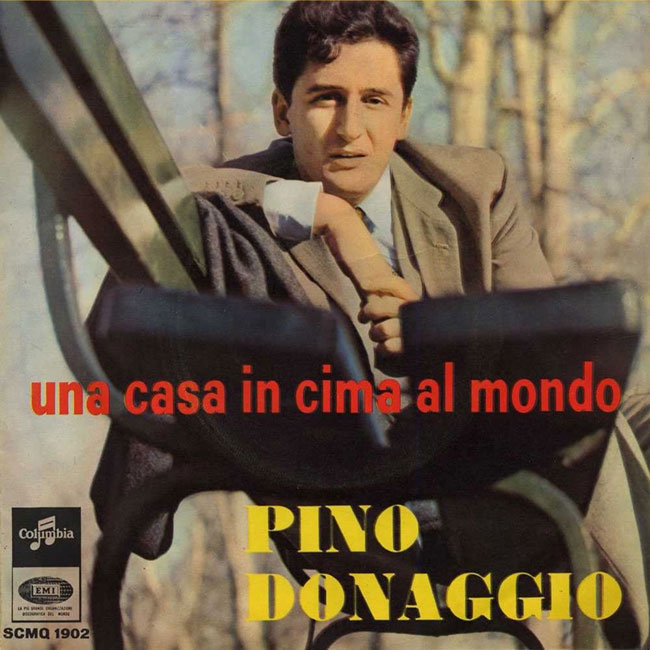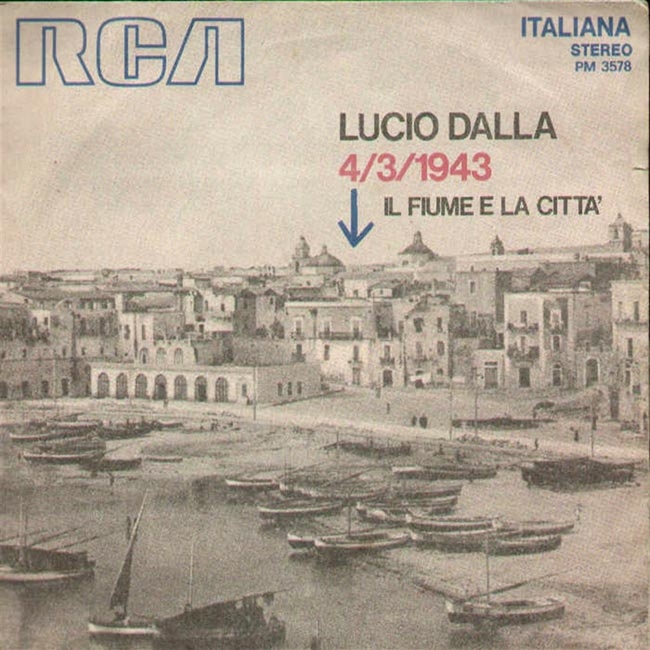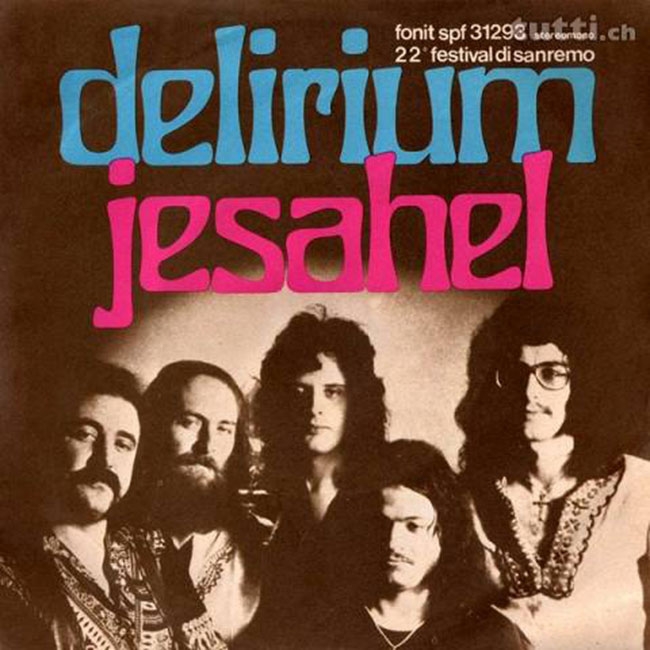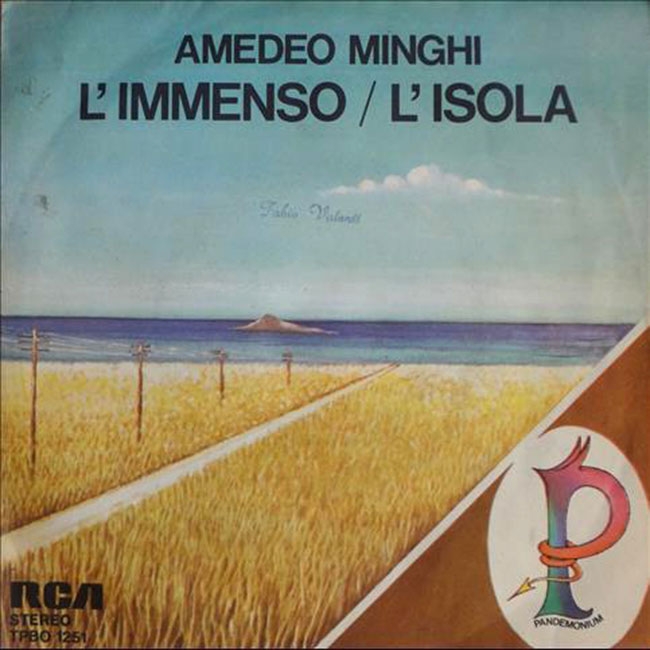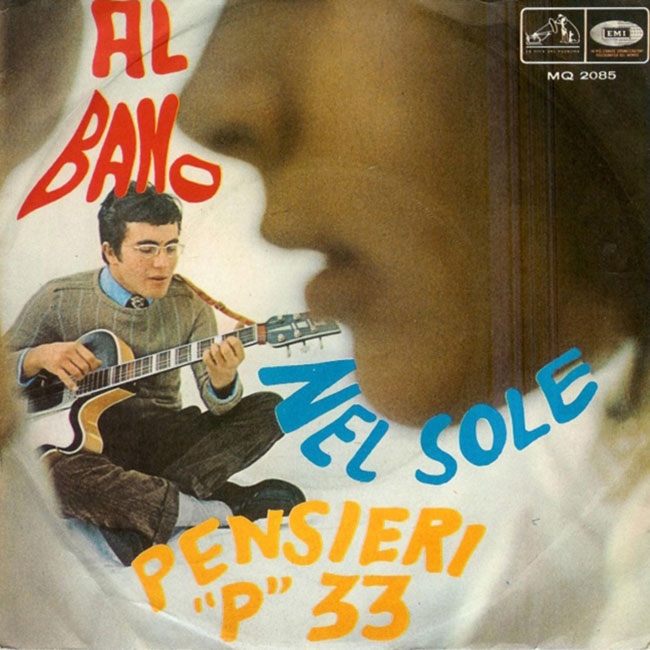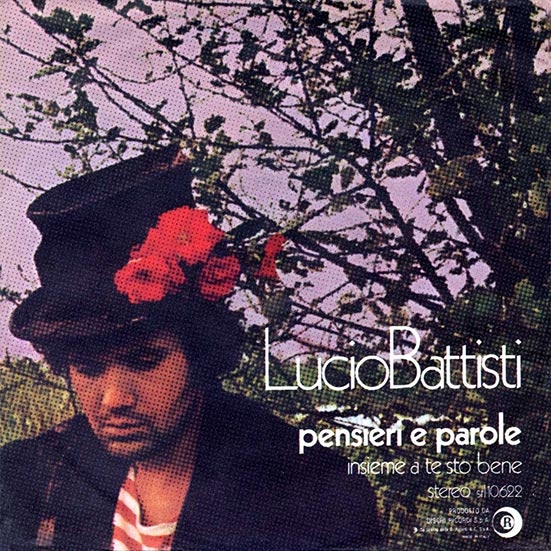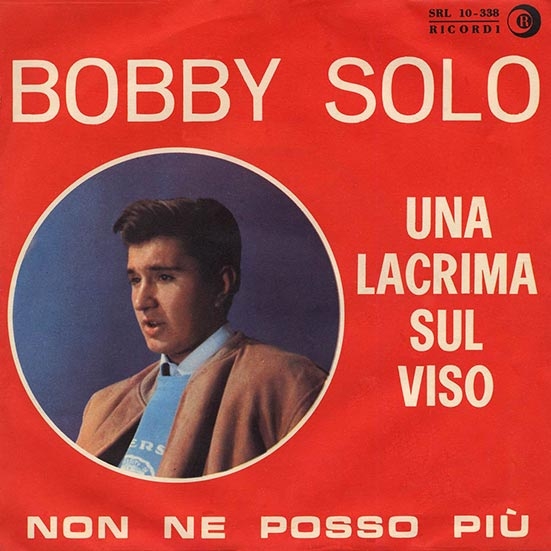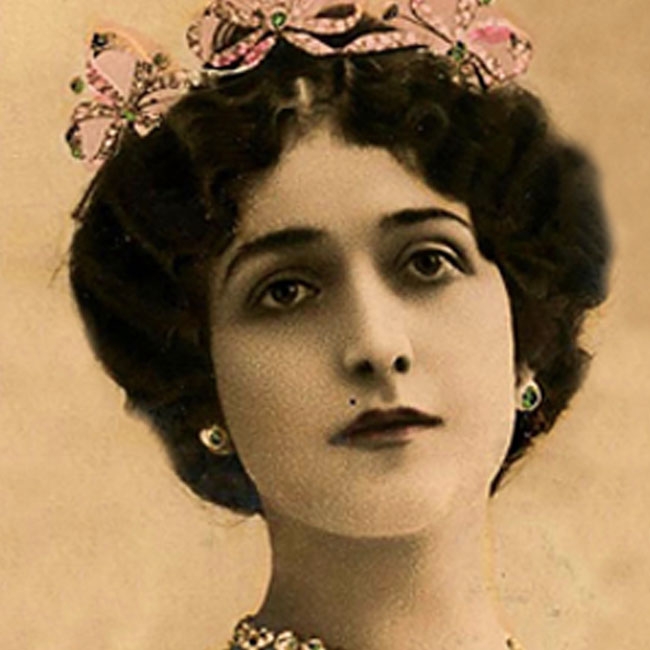
Lina Cavalieri playlist
Lina Cavalieri
In the history of opera singing, there have been more than a few artists who ventured into the world of popular song from the world of opera, especially the tenors, but in the case of Lina Cavalieri, exactly the opposite happened. After having made a name for herself in small theatres in Rome, where she lived, she achieved national notoriety when she stood on the stage of the Salone di Margherita in Naples at the age of twenty-one, with a repertoire of Neapolitan songs and drawing room arias written by Francesco Paolo Tosti. It was an easy move from Naples to the Folies Bérgèrs in Paris, not only due to her vocal skills but also her legendary beauty, especially praised by the male audience, which included, among others, the appreciation of Gabriele D’Annunzio. At age twenty-five came the turning point, when she decided to move into opera. She achieved as much success as she had with the songs, thanks to historic performances such as the one at the Metropolitan in New York (where Fedora by Umberto Giordano was staged) with Enrico Caruso, with whom a passionate and unexpected kiss was exchanged at the end of the first act. Her radiant beauty, the sophisticated stage costumes and her elegant bearing were perhaps superior to her singing virtues, but this did not prevent her from winning over audiences in any theatre where she was performing. In 1914, she left opera, to try pursuing a film career that never really took off. She retired first to Paris and then to Tuscany, after a stormy love life (five husbands, many of whom had tried to make her leave her musical career) and after publishing a memoir, Le mie verità. His life was recalled in the film The Most Beautiful Woman in the World (Robert Leonard, 1955), where she was played by Gina Lollobrigida, who also tried her hand, with good results, in both lyrical and light singing and who won the David di Donatello 1956 for best actress in that role.
Opera arias from the playlist :
IL EST DOUX, from Hérodiade by Jules Massenet
ARIA DEI GIOIELLI, from Faust by Charles Gounod
L’ALTRA NOTTE IN FONDO AL MARE, from Mefistofele by Arrigo Boito
IN QUELLE TRINE MORBIDE, from Manon Lescaut by Giacomo Puccini
SÌ, MI CHIAMANO MIMÌ, from La Bohème by Giacomo Puccini
L’AMOUR EST UN OISEAU REBELLE, from Carmen by Georges Bizet
VISSI D’ARTE, from Tosca by Giacomo Puccini

